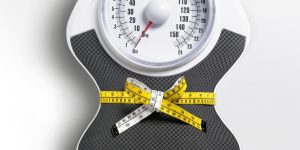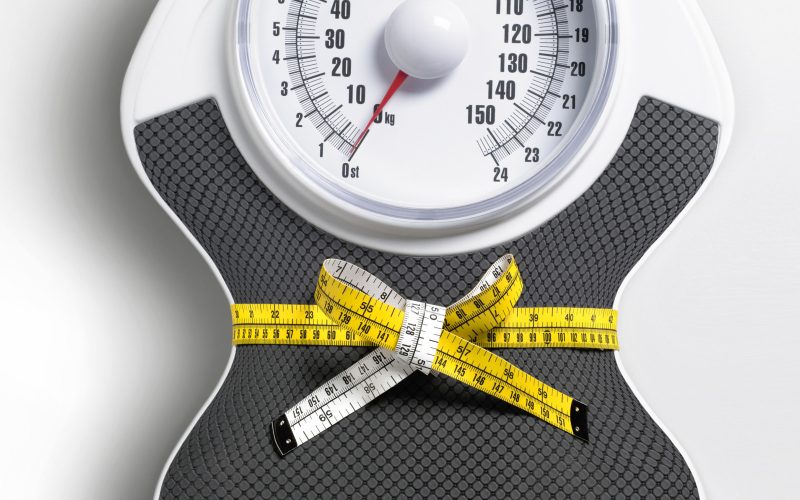Achieving and maintaining a healthy weight is a goal for many, but it often feels like an elusive challenge. However, effective weight loss is not a mystical feat—it’s a science. By understanding the intricate interplay of calories, nutrition, and exercise, you can unlock the key to successful weight loss. In this article, we will explore the fundamental components that determine weight loss success and provide insights to help you achieve your health and fitness goals.
Calories In vs. Calories Out: The Foundation of Weight Loss
At its core, weight loss revolves around the simple equation of calories in and calories out. To lose weight, you need to create a calorie deficit, where you burn more calories than you consume. This can be achieved in two ways:
- Reducing Caloric Intake: Consuming fewer calories through your diet is a primary way to create a calorie deficit. Choosing nutrient-dense, lower-calorie foods can help you manage your intake while still meeting your nutritional needs.
- Increasing Physical Activity: Engaging in regular exercise and physical activity increases your energy expenditure, contributing to the calorie deficit necessary for weight loss.
Nutrition: The Quality of Calories Matters
While the quantity of calories consumed plays a significant role in weight loss, the quality of those calories is equally important for overall health. Focus on these nutritional principles:
- Balanced Diet: Incorporate a variety of food groups into your diet, including fruits, vegetables, whole grains, lean proteins, and healthy fats. This provides essential nutrients while keeping you satisfied.
- Portion Control: Be mindful of portion sizes to avoid overeating. Use smaller plates, listen to your body’s hunger cues, and avoid eating out of boredom or stress.

Image by: https://www.healthkart.com/connect/natural-diet-for-healthy-hair/bid-4614 - Limit Processed Foods: Processed foods are often high in empty calories, added sugars, and unhealthy fats. Reducing their consumption can have a positive impact on your weight and health.
- Hydration: Stay well-hydrated. Sometimes, the body confuses thirst with hunger, leading to unnecessary calorie consumption. Drinking water can help control this.
Exercise: A Vital Component of Weight Loss
Exercise is not just about burning calories; it offers numerous benefits for your weight loss journey:
- Boosting Metabolism: Regular physical activity can increase your resting metabolic rate, helping you burn more calories even when at rest.
- Preserving Muscle Mass: Weight loss can lead to muscle loss if not combined with exercise. Muscle burns more calories than fat, so preserving it is essential for long-term weight management.
- Enhancing Fat Loss: Exercise can specifically target fat loss, especially when combined with a balanced diet. Cardiovascular workouts and strength training are both valuable.
- Improving Cardiovascular Health: Exercise can reduce the risk of heart disease, enhance blood circulation, and improve overall health.
Balancing the Equation: Keys to Successful Weight Loss
- Set Realistic Goals: Define achievable, realistic weight loss goals based on your unique circumstances and preferences.
- Track Progress: Monitor your caloric intake, exercise routine, and weight changes to assess your progress and make necessary adjustments.
- Seek Professional Guidance: If you’re uncertain about how to create a calorie deficit or plan a balanced diet and exercise regimen, consider consulting a registered dietitian or fitness expert.
- Stay Consistent: Consistency is key. Sustainable weight loss is often gradual, so don’t be discouraged by minor setbacks.
- Mindful Eating: Pay attention to what you eat and how it makes you feel. Mindful eating can help control emotional eating and overconsumption.

https://s-i.huffpost.com/gen/1380943/images/o-WEIGHT-LOSS-facebook.jpg
Conclusion: Mastering the Weight Loss Equation
Effective weight loss is a science that combines the basic principles of calories, nutrition, and exercise. By understanding and implementing these principles, you can unlock the key to successful weight loss and achieve your health and fitness goals. Remember that weight loss is a journey, and the path to success begins with knowledge, commitment, and a balanced approach to calories, nutrition, and exercise.












